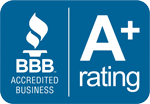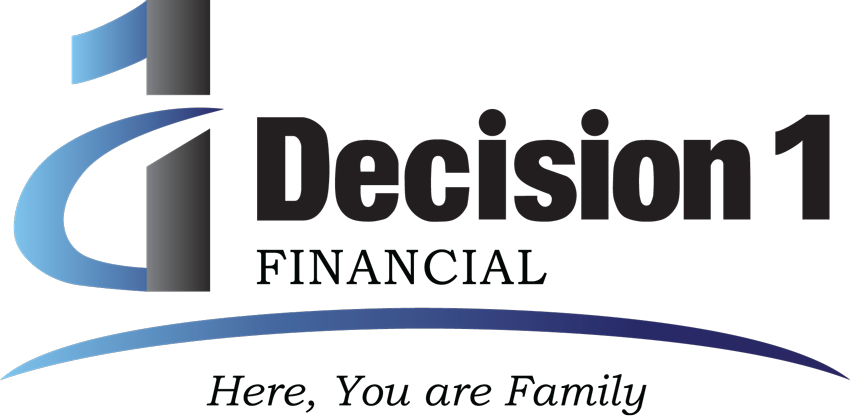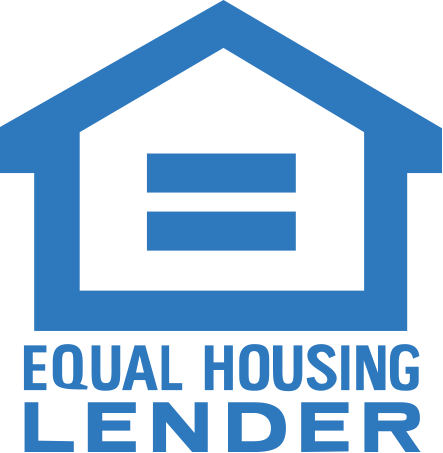REVERSE MORTGAGES
WHAT IS A REVERSE MORTGAGE?
A Reverse Mortgage is a loan against your home that can help you access a portion of your equity to receive tax-free cash without having to make monthly loan payments. Unless you choose to voluntarily make payments to your outstanding balance, no payment is required until the last surviving homeowner leaves permanently, passes away, or decides to sell.
It is still your home and your responsibility to maintain property taxes and homeowner's insurance. Since 1989 the HECM - (Home Equity Conversion Mortgage) has been insured by the federal government through the Federal Housing Administration (FHA), a division of the Department of Housing and Urban Development (HUD).
The Reverse Mortgage program has helped thousands of homeowners just like you to safely access the equity in their homes so they can better enjoy their retirement years.
WOULD YOU LIKE EXTRA MONEY TO:
Supplement Your Income
Pay Off Your Existing Mortgage
Cover Health Care & Pay Off Debt
Make Home Improvements

If you're a homeowner age 62 or older and you answered yes to any of the questions above, then you may want to consider your options and look into applying for a Federally Insured Reverse Mortgage.
HOW DO REVERSE MORTGAGES WORK?
When you have a regular mortgage, you pay the lender every month to buy your home over time. In a reverse mortgage, you get a loan in which the lender pays you. Reverse mortgages take part of the equity in your home and convert it into payments to you – a kind of advance payment on your home equity. The money you get usually is tax-free. Generally, you don’t have to pay back the money for as long as you live in your home. When you die, sell your home, or move out, you, your spouse, or your estate would repay the loan. Sometimes that means selling the home to get money to repay the loan.
If you get a reverse mortgage of any kind, you get a loan in which you borrow against the equity in your home. You keep the title to your home. Instead of paying monthly mortgage payments, though, you get an advance on part of your home equity. The money you get usually is not taxable, and it generally won’t affect your Social Security or Medicare benefits. When the last surviving borrower dies, sells the home, or no longer lives in the home as a principal residence, the loan has to be repaid. In certain situations, a non-borrowing spouse may be able to remain in the home.



